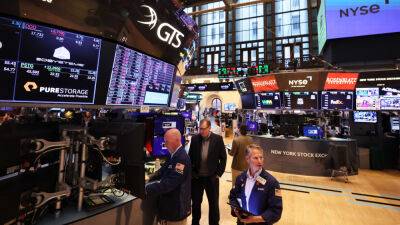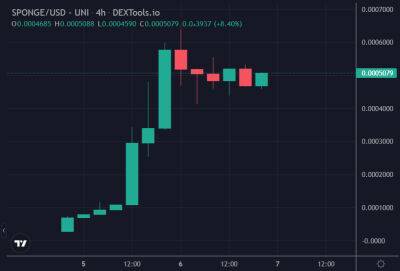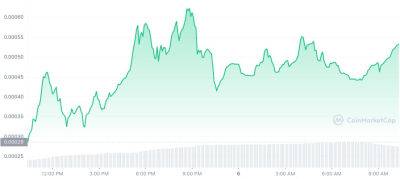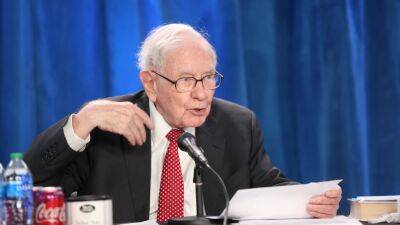Twin threats of rising rates and deglobalisation leave IMF spooked
The collapse of Silicon Valley Bank in the US and thebailout of Credit Suisse in Switzerland have spooked the International Monetary Fund, denting its hopes that 2023 would see an end to the series of setbacks that have afflicted the global economy since Covid-19 was declared a pandemic about three years ago.
It’s fair to say the IMF wasn’t exactly super-optimistic about the prospects for the world economy even before SVB and CS conjured up unpleasant memories of the 2008 financial crisis.
But the turbulence in the financial sector – which the IMF thinks could affect hedge funds, pension funds and insurance companies in addition to banks – has made the Washington-based institution even more cautious about the outlook.
The potential danger, as the IMF sees it, is clear. Central banks are taking tough action to bring down stubbornly high inflation but ever-higher interest rates put pressure on financial institutions that had become accustomed to rock-bottom interest rates. The battle to ensure price stability, in other words, could put financial stability at risk.
What’s more, the lesson of 2008 is that weakness in the financial sector very quickly translates into problems for the rest of the economy. As a result, the IMF is concerned that growth could be even weaker this year and next than it expects.
But it is not just the global economy’s short-term prospects that are worrying IMF staff. There are also concerns about the medium-term outlook, where there has been a marked slowdown over the past decade or so. The IMF’s forecasts for growth five years ahead have steadily declined since 2011, its economic counsellor, Pierre-Olivier Gourinchas, said.
In part this slowdown has been caused by an anticipated moderation in growth
Read more on theguardian.com

















